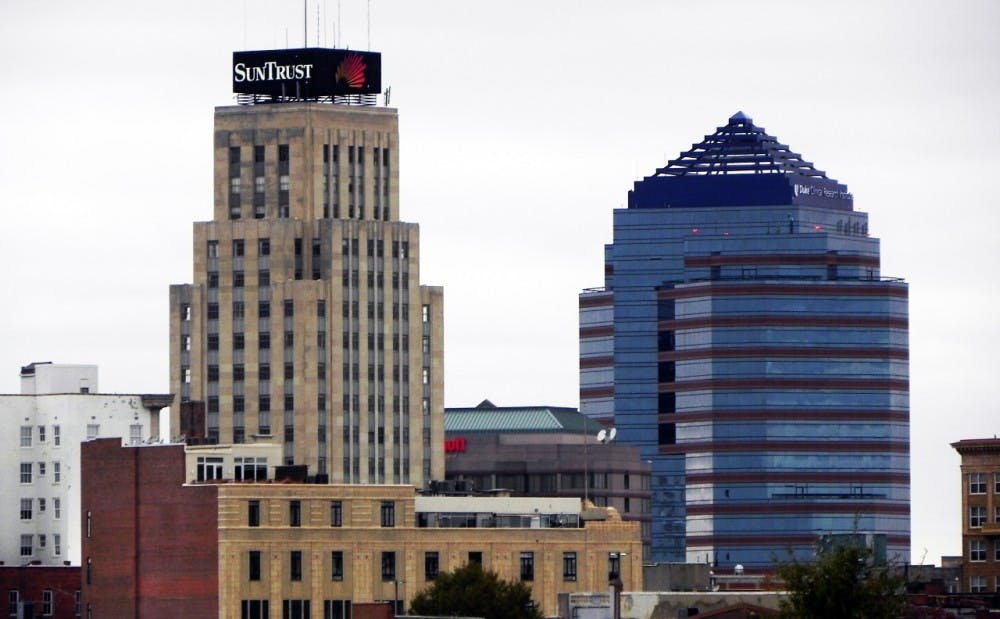On Aug. 17, as Duke students everywhere were just rolling out of bed, Durham public school students were logging in to their first online class of the school year.
Several weeks after the announcement that students would participate in remote learning for the first nine weeks of class, Durham Public Schools announced on July 30 a new partnership with the Duke University School of Medicine and Duke Clinical Research Institute.
Funded by the National Institutes of Health, the DCRI-led COVID-19 Scientific Advisory Board hopes to provide schools with local and national scientific data on which to base their decisions for the fall.
“This is an entirely new situation. [DCRI] needs to understand the impact on schools, and we need to understand the science for decision-making. It’s very much collaborative,” said William Sudderth, the chief communications officer for Durham Public Schools. “We’re going to need our best and brightest minds supporting us and we have that in the Durham area.”
This is what DCRI member Kanecia Zimmerman, associate professor of pediatrics, and DCRI Deputy Executive Director Danny Benjamin envisioned when they first partnered with Chapel Hill-Carrboro City Schools this summer. Both parents of K-12 students in DPS and CHCCS, they hope to establish Duke as a hub for COVID-19 data and research specifically tailored to school-aged children.
And they are well on their way—the program has now spread to 40 districts across North Carolina and plans to go national next month.
The Scientific Advisory Board, which meets weekly, comprises Duke experts across disciplines—epidemiology, pediatrics, general medicine, data science and mental health—most pertinent to ensuring health safety for K-12 children. Its first goal this fall is to educate school staff and educators about the virus and equip them with the information they need to make this school year safe and successful.
“What we’ve started is a webinar series on Monday nights that’s open to the staff and teachers from each participating district. And we go through an education session in the evening once a week,” Benjamin said.
In addition to educational outreach, the advisory board will also provide partner districts with scientific data tailored to their needs.
“For the superintendents, it’s much more about interpreting the high-quality science so that they can make informed decisions about policy,” Benjamin commented.
In this manner, the Scientific Advisory Board plans to stay objective in its efforts, leaving policy decisions up to each school district.
DPS is also remaining mindful of its demographic make-up. DPS and DCRI are using the collaboration to ensure equitable access to scientific information regarding COVID-19 for parents and community members.
“We know that historically marginalized communities, communities of color, are, for various reasons, more vulnerable to the harmful effects of the virus, and DPS serves majority-minority populations. So we need to be assured that our students and staff will be safe,” Sudderth said.
Durham is known as the “city of medicine,” he said, and students and teachers are “really fortunate” to have Duke’s support.
“Reopening our schools requires strong science and strong community engagement and we are glad that DCRI is providing so much help,” Sudderth said.
Get The Chronicle straight to your inbox
Sign up for our weekly newsletter. Cancel at any time.

